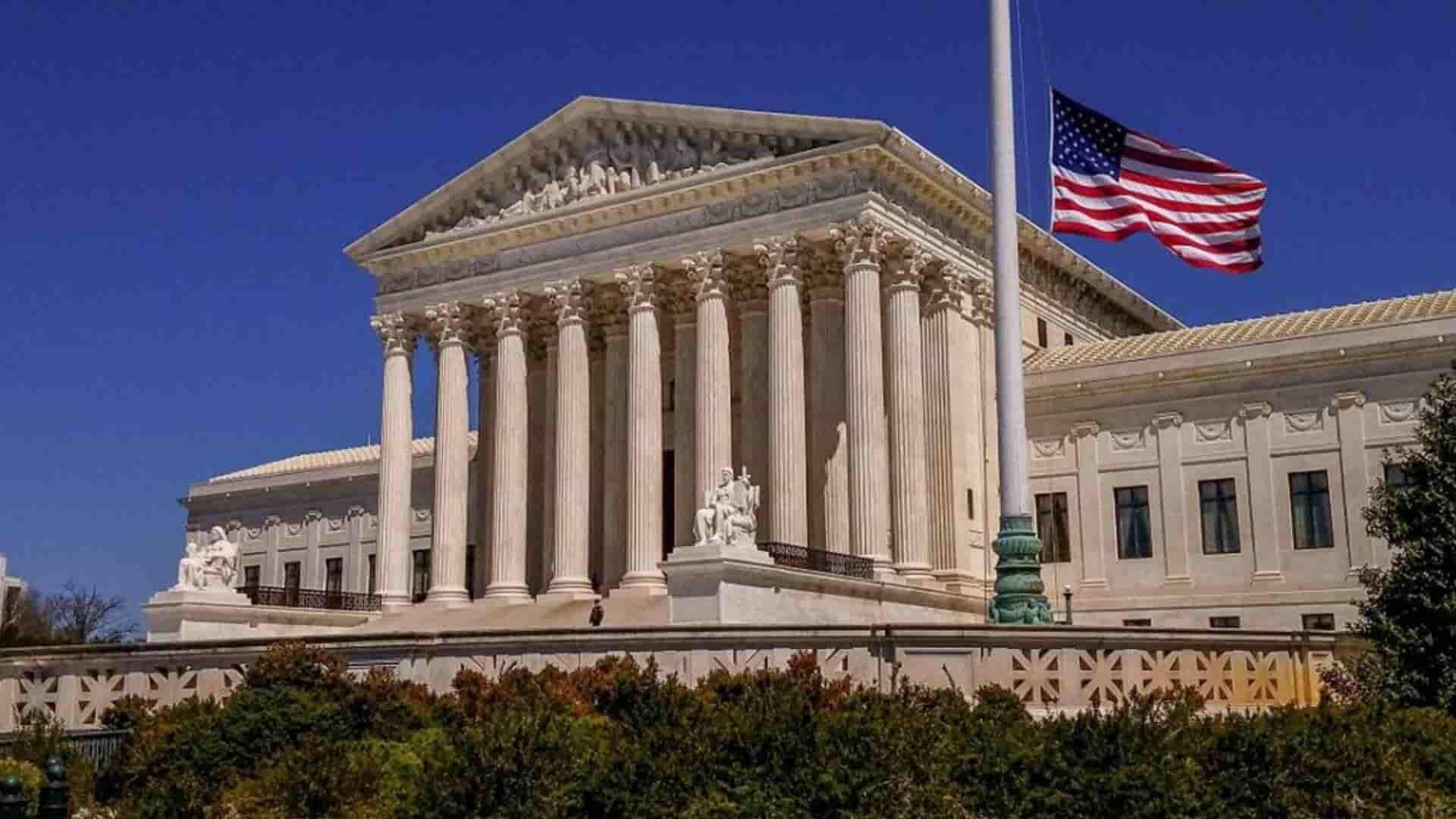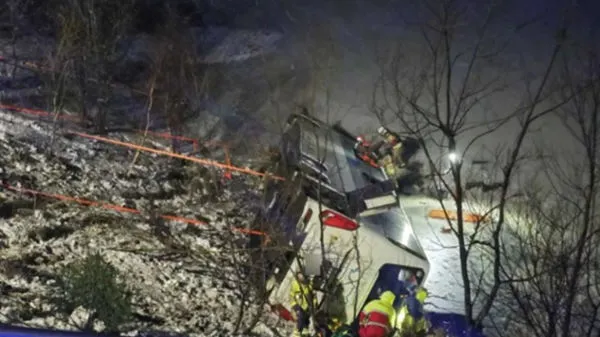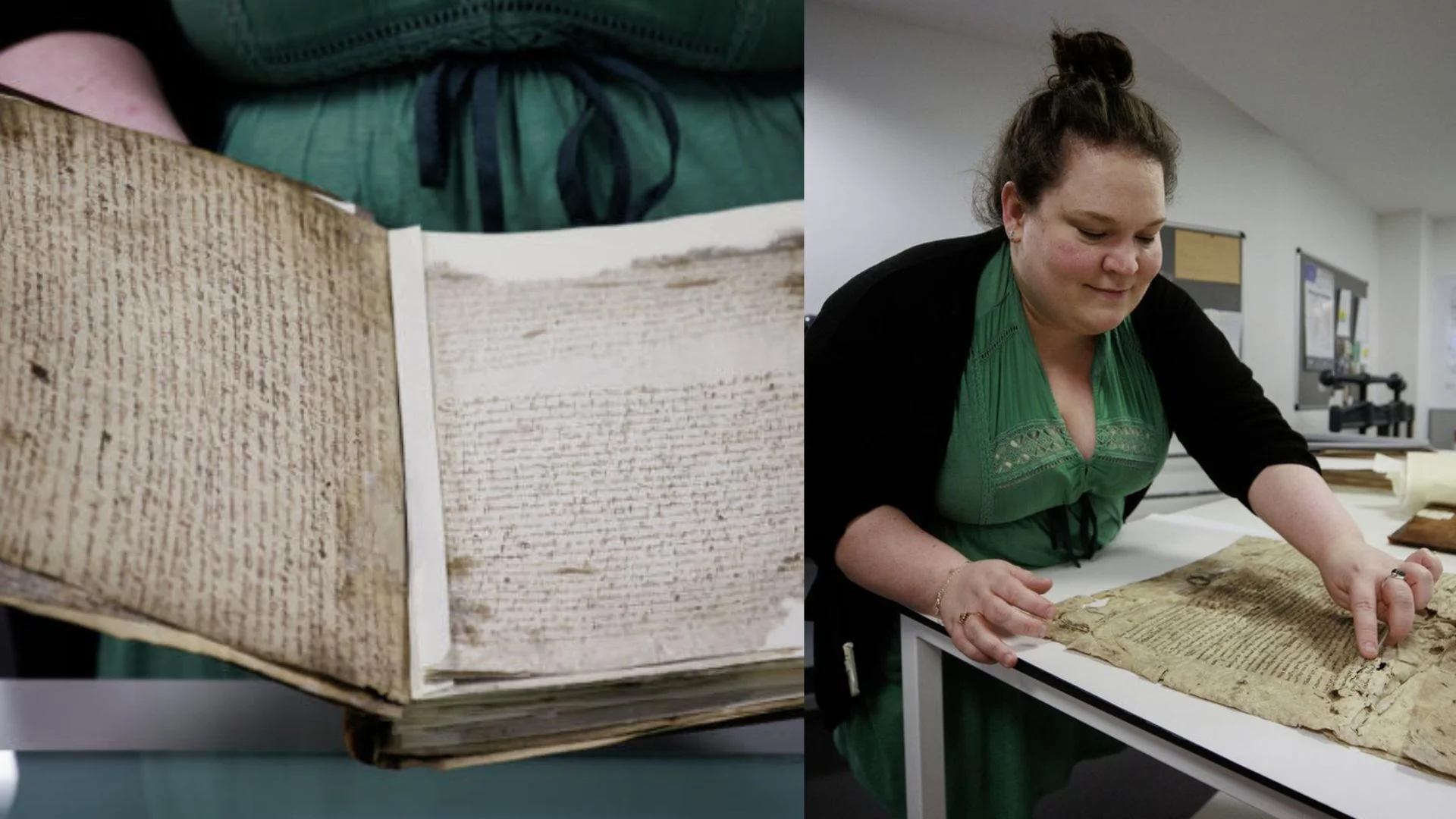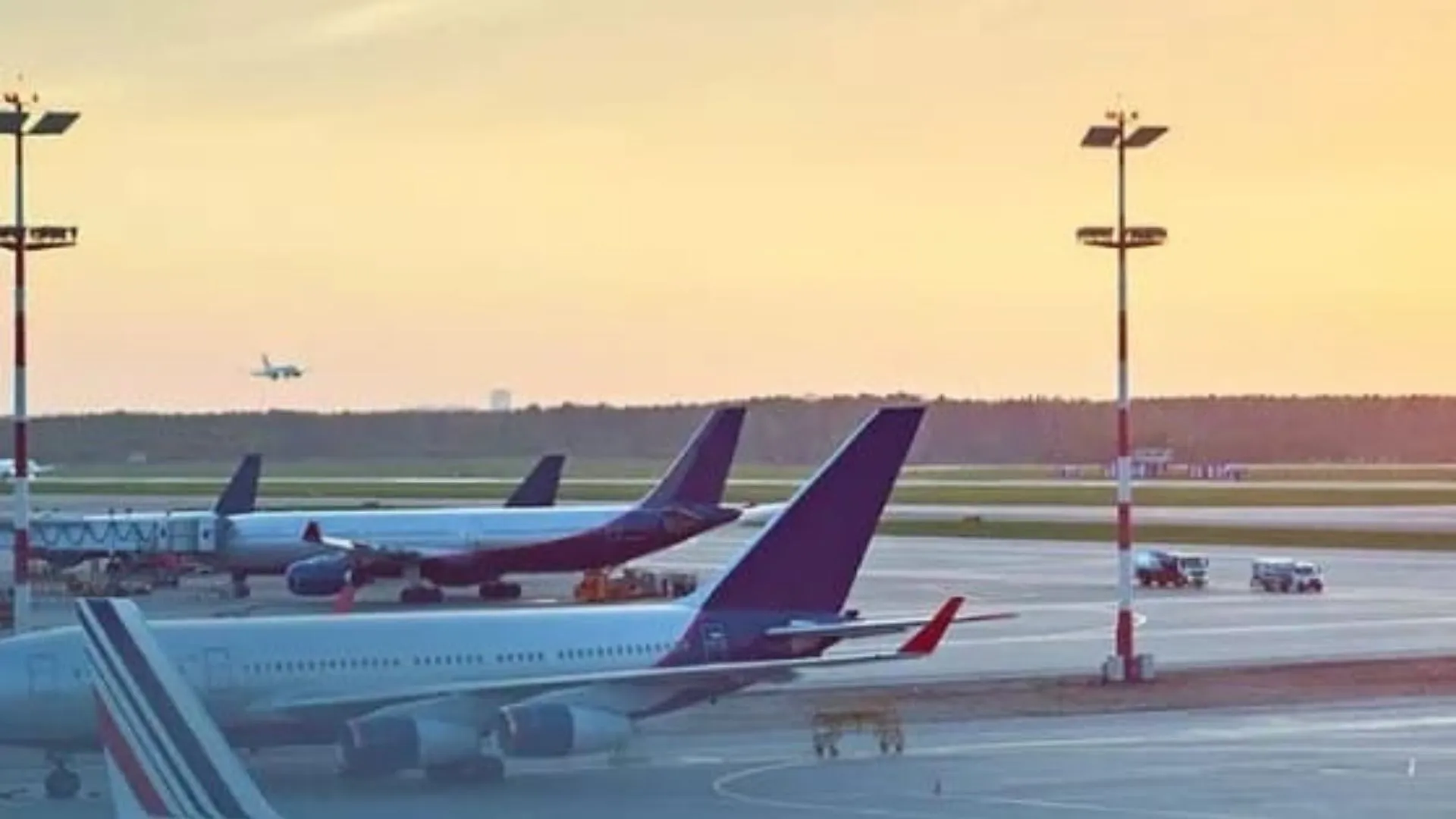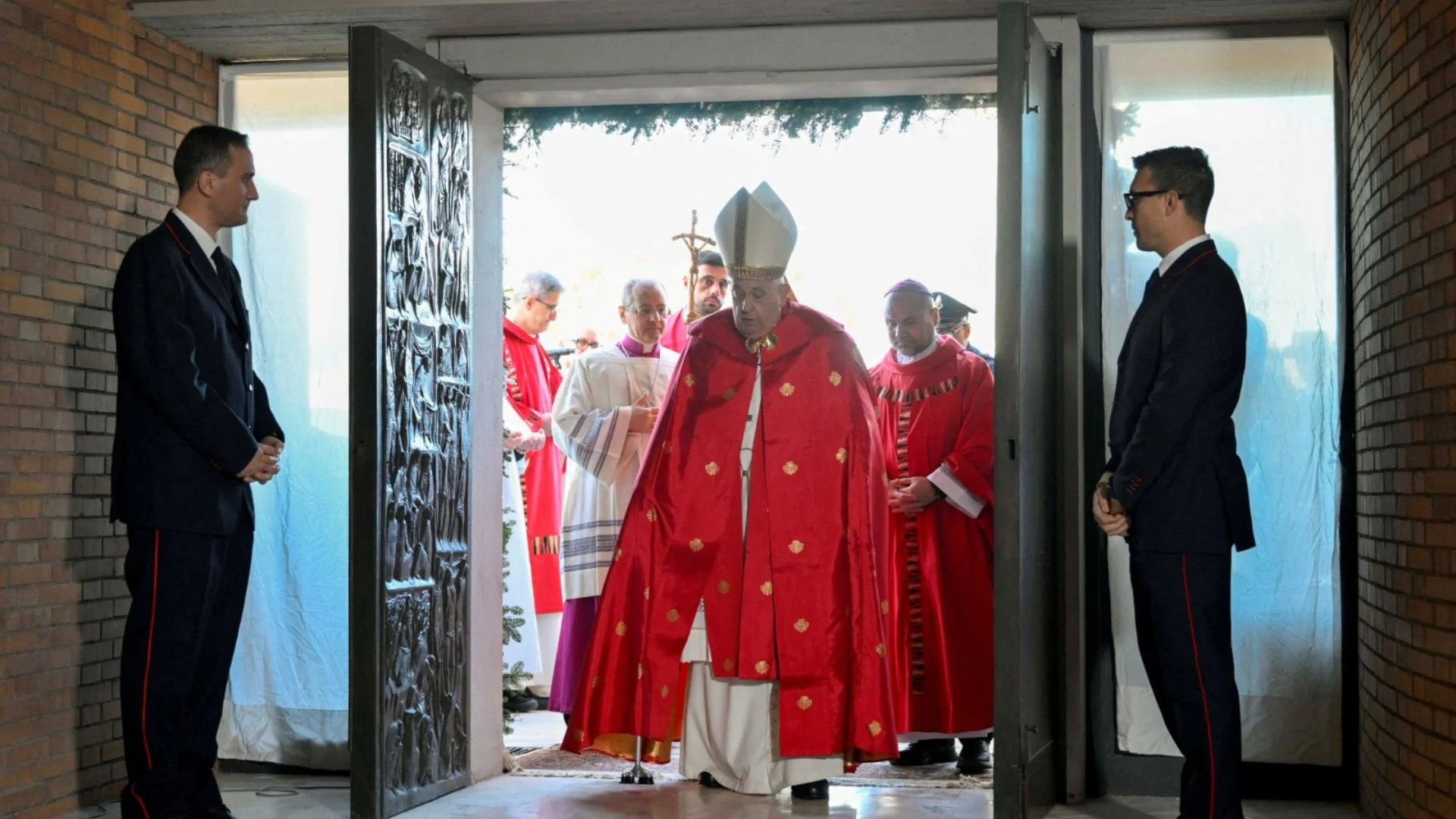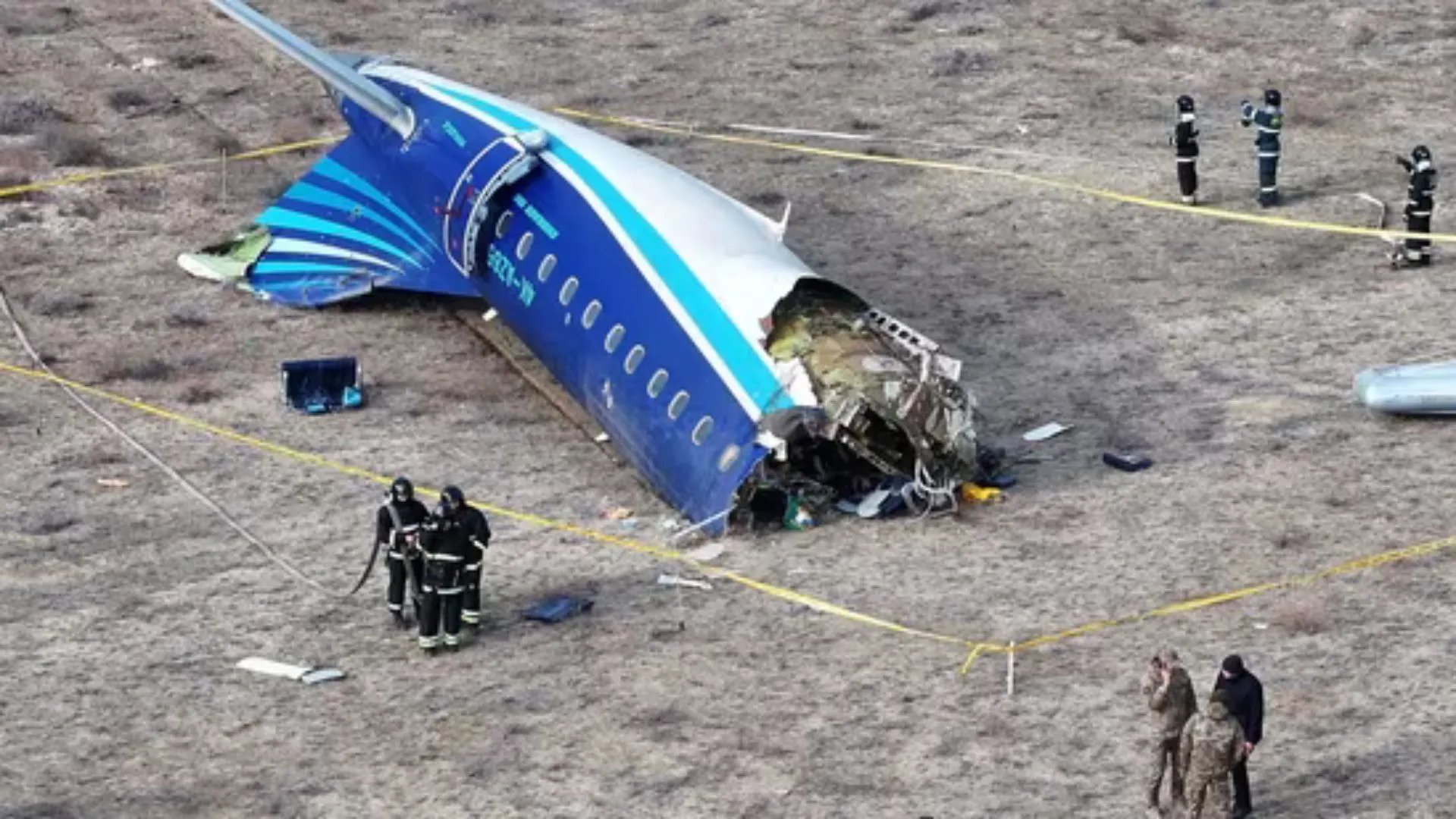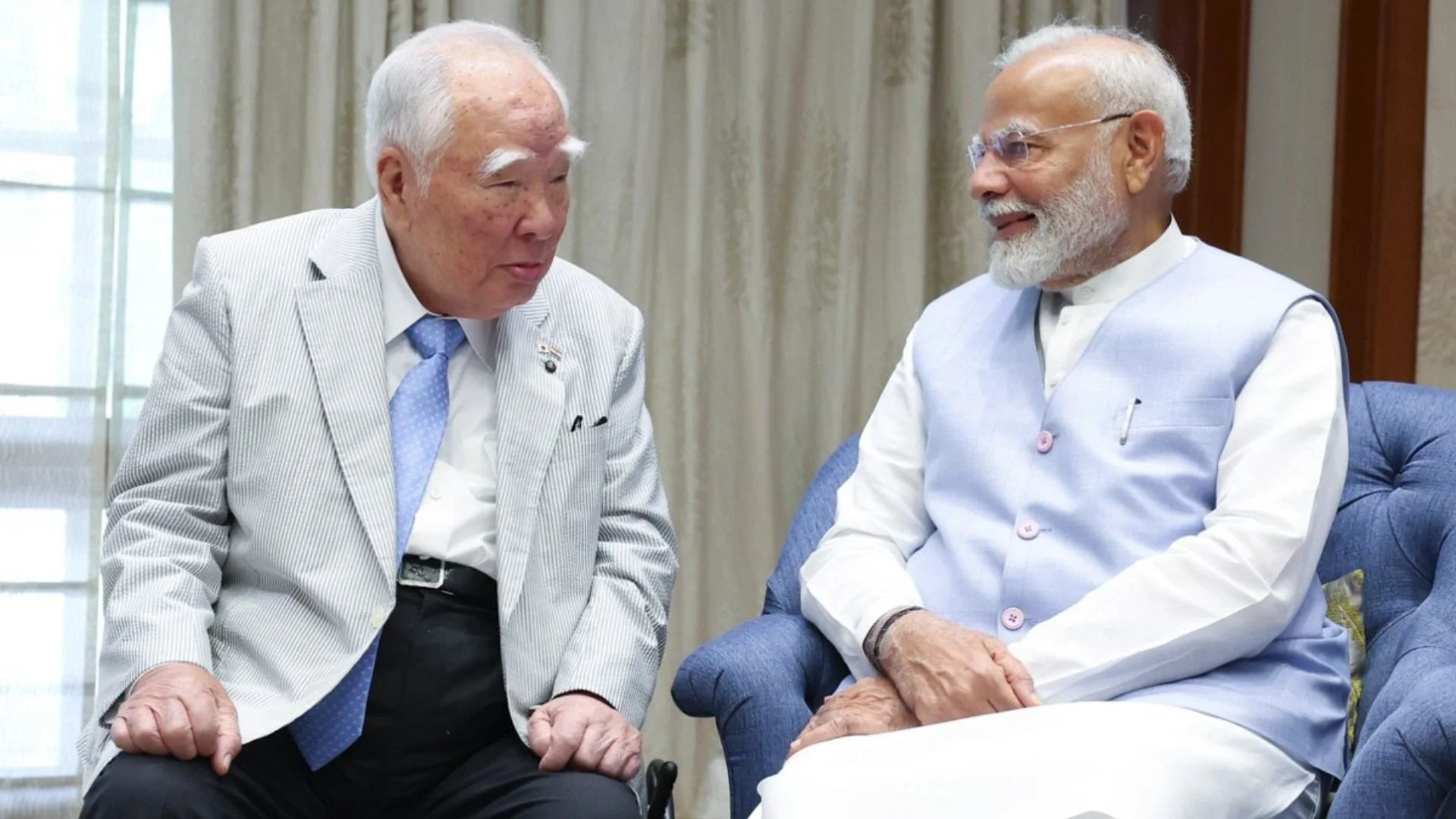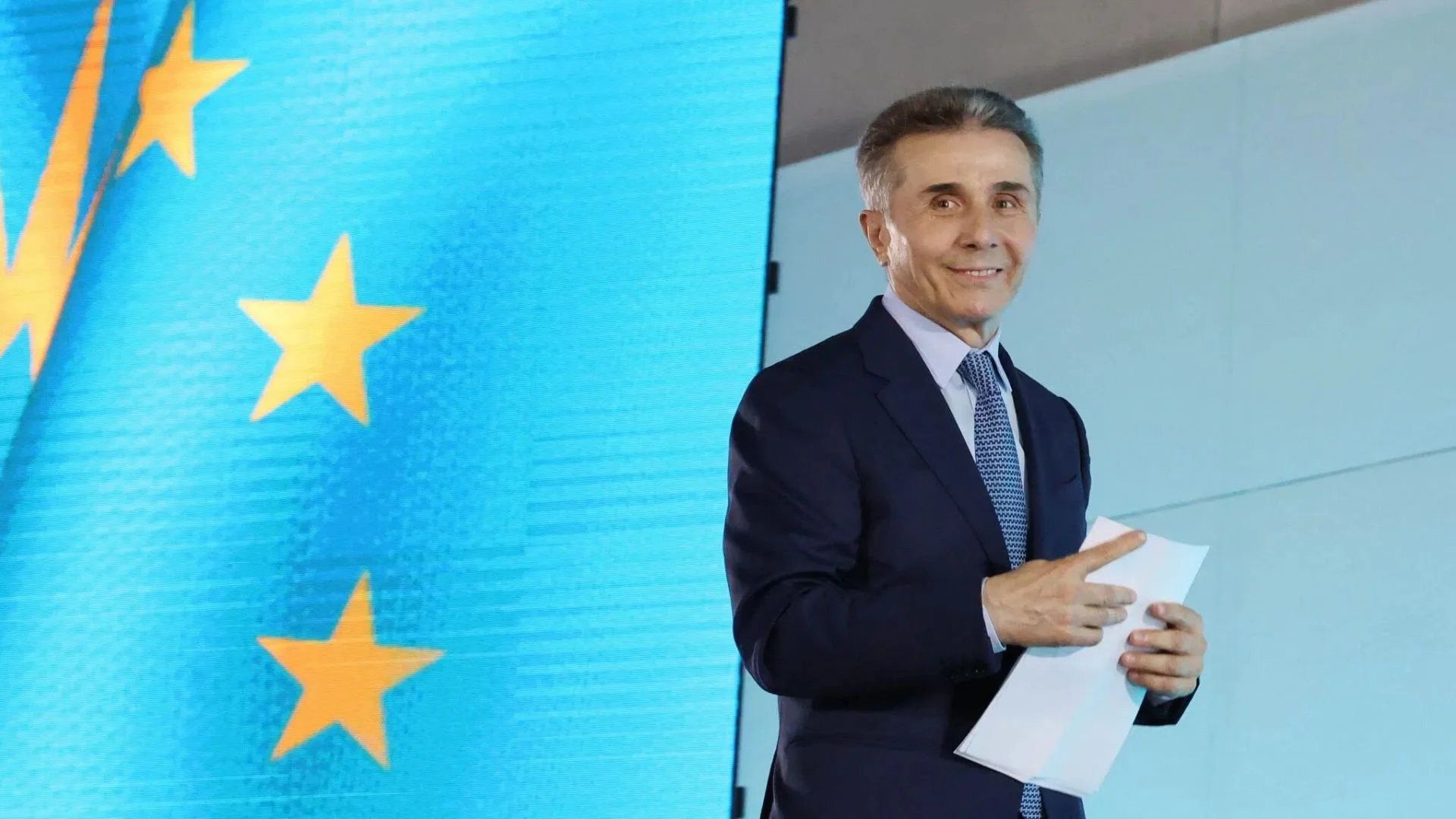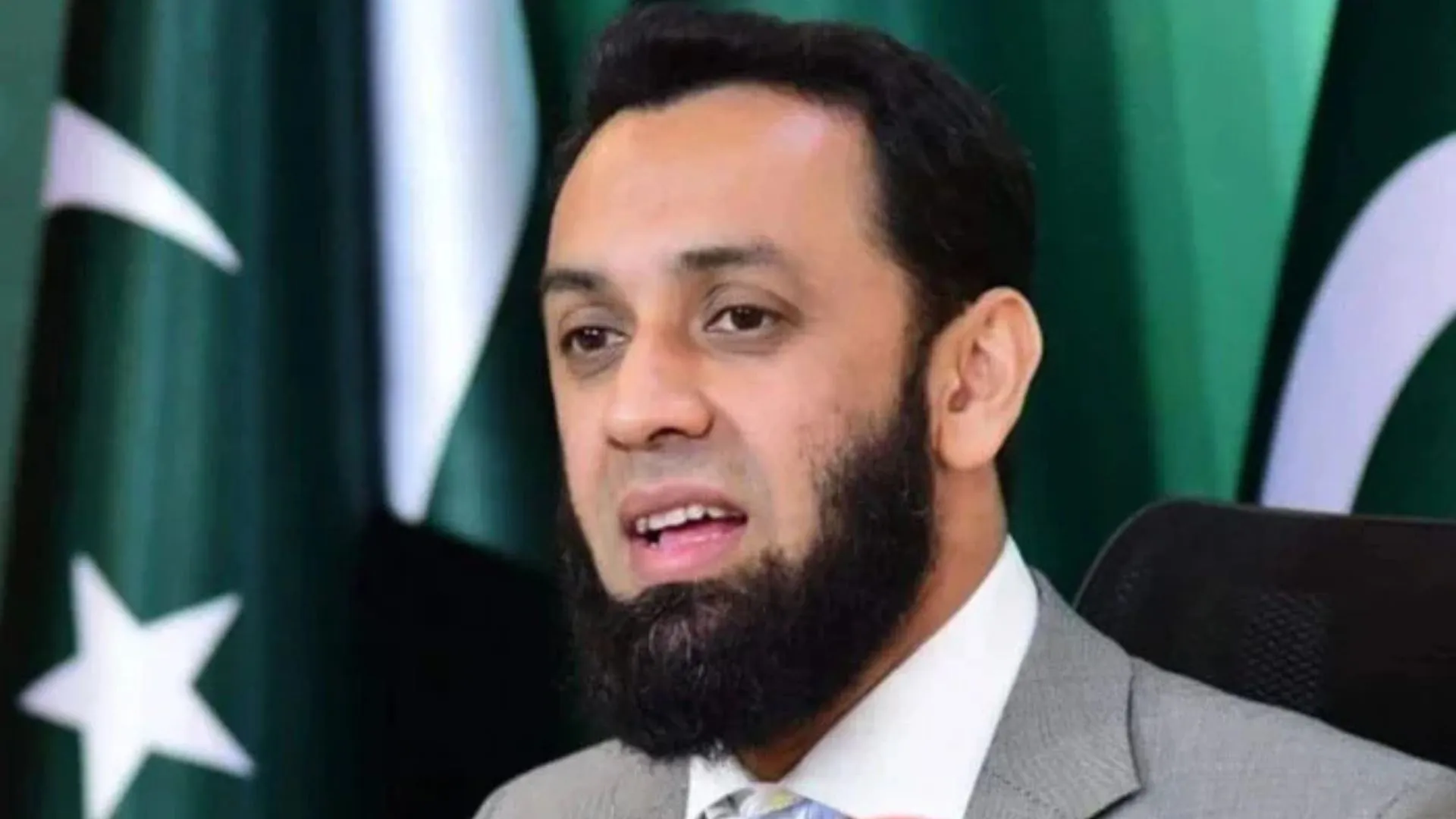The U.S. Supreme Court on Monday granted permission for a Black Lives Matter activist to face a lawsuit from a Louisiana police officer injured during a protest in 2016. This case, which could potentially increase the risks associated with participating in public demonstrations, poses a challenge to a fundamental aspect of American democracy.
By refusing to hear DeRay Mckesson’s appeal, the justices upheld a lower court’s ruling that revived a lawsuit filed by Baton Rouge police officer John Ford. Ford accused Mckesson of negligence after being hit by a rock during a protest triggered by the fatal police shooting of Alton Sterling, a Black man.
In 2023, the New Orleans-based 5th U.S. Circuit Court of Appeals dismissed Mckesson’s argument that his rights to free speech and assembly under the U.S. Constitution’s First Amendment shield him from the negligence allegation.
Mckesson was represented by attorneys, including those from the American Civil Liberties Union (ACLU).
The Baton Rouge protest was one of many demonstrations across the United States in 2015 and 2016 stemming from incidents involving police and Black individuals. These occurred prior to the widespread racial justice protests that erupted in various cities in the United States and internationally following the 2020 killing of George Floyd, a Black man, by a white police officer in Minneapolis.
The 5th Circuit’s ruling to permit Ford’s lawsuit could potentially simplify the process of suing protest organizers for the unlawful actions of a participant. Some legal experts suggest that this outcome might dampen activism aimed at political or societal transformation.
Sterling was shot by a Baton Rouge police officer on July 5, 2016, following a confrontation outside a convenience store where he was selling homemade CDs. His death exacerbated racial tensions in the city. The protest, occurring four days later to demand accountability, unfolded in the vicinity of the police headquarters.
Ford was part of the officers tasked with arresting protesters on a public highway. During the operation, he was hit in the face by a rock or piece of concrete thrown by an unidentified individual, resulting in the loss of teeth and sustaining head and brain injuries, as stated in his lawsuit.
Ford’s legal action, aimed at obtaining monetary compensation, contended that McKesson should have anticipated the potential for violence during the protest due to his role in organizing it.
Mckesson was arrested on the day of the protest, although the charge was subsequently dropped.
In 2017, U.S. District Judge Brian Jackson dismissed Ford’s lawsuit. However, in 2023, the 5th Circuit revived it, determining that the First Amendment did not preclude the negligence claim.
The 5th Circuit dismissed the argument that the lawsuit was precluded by a 1982 Supreme Court ruling concerning Black civil rights activists in Mississippi. This ruling limited the liability of protest leaders over the actions of others when those actions are protected by the First Amendment.
In dissent, 5th Circuit Judge Don Willett referenced Dr. Martin Luther King Jr.’s 1965 march from Selma to Montgomery, Alabama, highlighting the disenfranchisement of Black voters. Willett emphasized that political uprisings, ranging from picketing to riots, have “marked our history from the beginning.”
The 5th Circuit majority’s “theory would have enfeebled America’s street-blocking civil rights movement, imposing ruinous financial liability against citizens for exercising core First Amendment freedoms,” Willett wrote.
Mckesson’s case previously reached the Supreme Court. In 2020, the justices directed further examination by lower courts to assess whether Louisiana state law permitted Ford’s claim.
The Black Lives Matter movement emerged following the killing of a Black 17-year-old named Trayvon Martin by George Zimmerman in Florida in 2012. Activists within the movement have condemned excessively aggressive policing, particularly targeting Black individuals.

